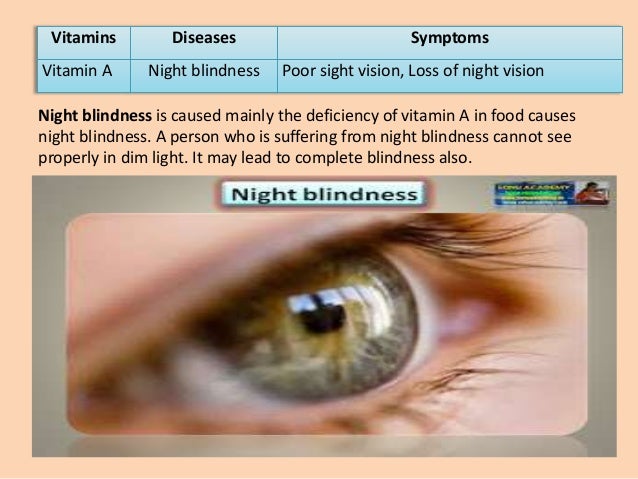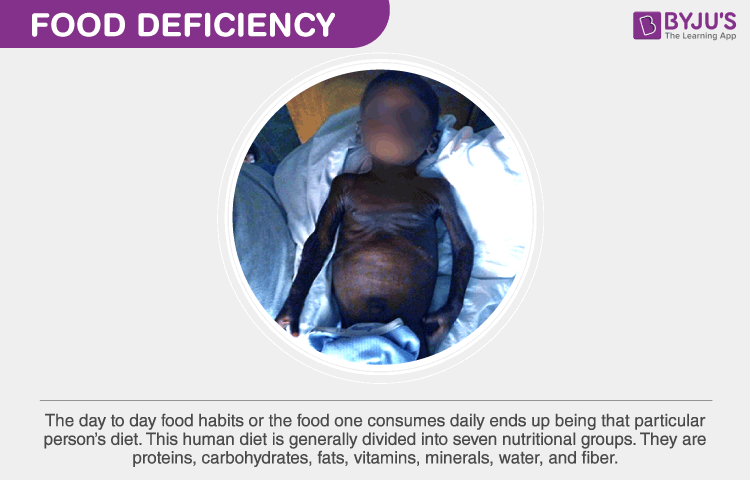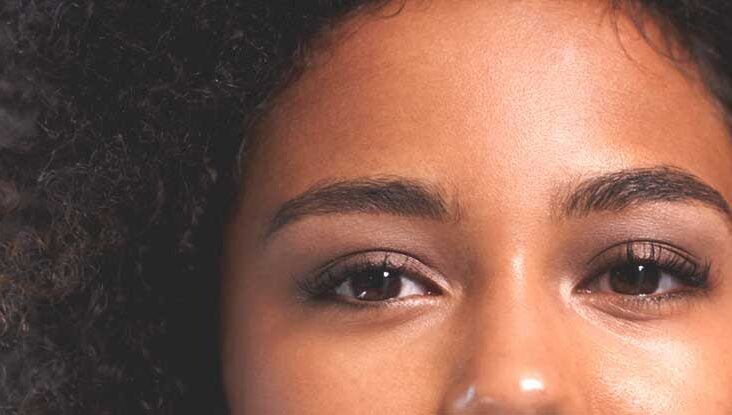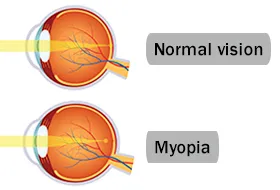Night blindness or nyctalopia is a type of vision disturbance which makes it challenging for a person to view clearly at night or in low intensity light.
Name the symptoms causes and remedies of night blindness class 6.
This article will discuss symptoms potential causes and treatments of night blindness.
It is not a disease by itself but a symptom of other eye disorders.
The efficiency of the eyes to process feedback under poor lighting can be significantly affected due to various.
There are not many symptoms of night blindness but the poor vision is regarded as the main symptoms of night blindness.
You would notice that you are not seeing any object clearly when you go to a dark place suddenly from a lighter area.
Night blindness is a type of vision impairment that causes you to experience poor vision at night or in dimly lit environments.
Excessively high serum glucose levels causes night blindness.
Webmd explains the possible causes and treatment of night blindness or poor vision in low light.
Night blindness is a disease of the eyes.
Rhodopsin receptor protein is produced from vitamin a which makes the deficiency in vitamin a the most common cause for night blindness.
Is a genetic condition and it becomes evident due to night blindness.
Night blindness is a symptom of an underlying eye condition that results in vision impairment while in dim lighting.
For the treatment doctors prescribe medications or diet rich in vitamin a.
Nyctalopia mainly arises due to vitamin a deficiency.
The retina cells rods and cones are responsible for vision.
It also affects the immune system and results in deaths from malaria diarrhoea and measles.
Night blindness is a symptom of some underlying conditions which may have several causes.
The poor vision at night or in dim light is night blindness.
Night blindness can be caused by a wide variety of reasons.
Causes of night blindness.
What are the symptoms of night blindness.
It causes difficulty while driving at night or in dim light.
Learn more about the causes of night blindness and how to treat it.
It is often called xerophthalmia.
What are the symptoms.
Vision becomes poor obscure and blurred vision in poorly lit areas in the evening and in the night.



























